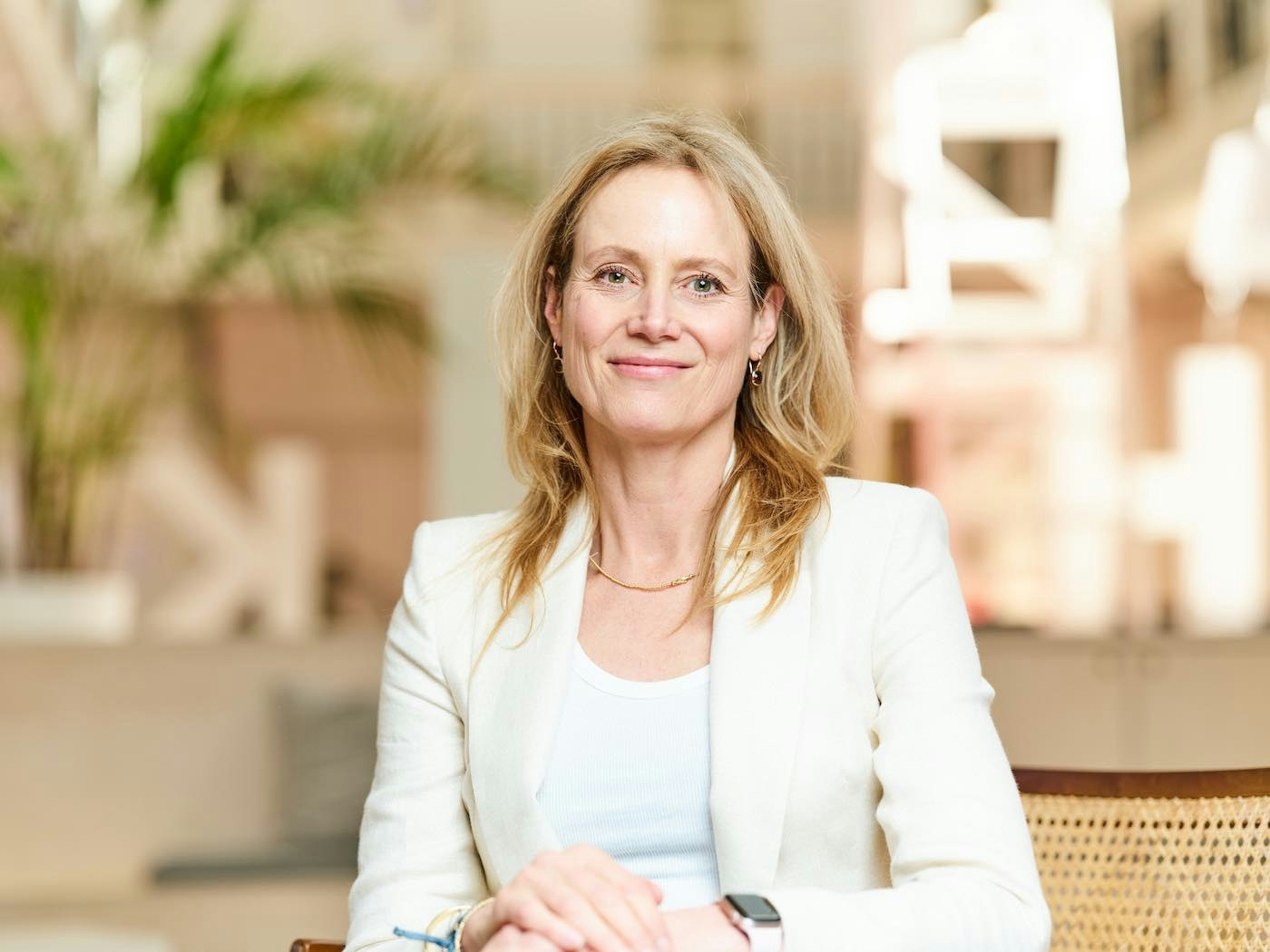When a group of European VCs working on using data to improve investment processes created a Slack in June 2020 to swap notes, there were only about 10 members. There are now over 65 members in the group, and new people are joining every week, according to the founders, in just one sign of how much more seriously investors are taking what’s known as data-driven deal sourcing.
“VCs back innovation, but they also need to keep innovating themselves to stay competitive. VCs are realising that data is an edge and that’s why we are seeing more funds investing in data and research teams to make sense of it,” say Francesco Corea, head of research at Balderton, and Sarah Guemouri, an Atomico senior associate, two founders of the group.
Data-driven deal sourcing — essentially trying to find companies to invest in by looking at data for signs of growth and traction — is not new. But it is growing, and many of the group’s members are the first hires that their companies have made in data.
Investors also say that there is a growing consensus that Europe is a particularly fertile ground for developing new techniques.
“The cultural and geographic distribution of the region especially lends itself to [data-driven sourcing],” says Mike Arpaia, a computer scientist and partner at Moonfire Ventures. “It’s a really interesting way that European venture can differentiate itself from US venture.”
What is data-driven sourcing?
Data-driven sourcing is about using signals about talent and companies to find and engage with startups before the competition. Those signals might include an ex-Deliveroo founder changing their LinkedIn status to “stealth”, suggesting they’re working on a new company, or a startup starting to aggressively hire salespeople, suggesting there is demand for their product. That’s different from methods that VCs have traditionally used to scout founders, such as personal referrals.
Those signals can be harder to track across Europe than in the US, and investors say that it is harder to track company data across countries. One common gripe is how founders in many eastern European companies record their headquarters as being in the US, making them harder to spot.
But investors say that despite the difficulties of data gathering in Europe, it’s worth it to keep up with the increasing number of active firms. There are about 200 investors making five or more investments in Europe yearly, up from 183 in 2016, according to Dealroom.
Europe's data sourcing origin story
A few European VCs have been pioneering the data-driven sourcing playbook for years. These include Sweden’s EQT Ventures, Earlybird in Germany and InReach Ventures in the UK.
When EQT Ventures partner Ted Persson dials in to chat to Sifted about the company’s internal data and machine learning platform, Motherbrain, he’s wearing a black Motherbrain hoodie, a souvenir from a recent team offsite. The fact that the 20-person Motherbrain team has swag says it all.
One common gripe is how founders in many eastern European companies record their headquarters as being in the US, making them harder to spot
“The core of it is a bespoke tool for a data-driven investment workflow,” he says. “It's kind of like CRM, like, but it's not a CRM because a CRM is manual and it's not smart.”
Since launching Motherbrain in 2016, EQT Ventures has invested €150m in 14 companies sourced by the platform. Persson says that Motherbrain excels in identifying companies outside major tech hubs and in identifying the best time to engage with a founder.
Motherbrain also goes further than simple data scraping. Because the team enters all investment decisions and interactions into the platform, Motherbrain can suggest companies that investors should investigate. The team has a Slack channel to share “spooky” stories about how accurate Motherbrain’s suggestion can be.
A data-first future
The new generation of data-driven sourcing is being driven by younger firms putting data first. One of those is Moonfire, founded by European tech veteran Mattias Ljungman. Arpaia, the computer scientist, says he was the company’s first hire after Ljungman himself.
“I like to say we're a technology company that does venture rather than a venture capital firm that uses technology,” he says. “We're building bionic suits for investors, like civil infrastructure that investors can use to make themselves 10 times or even 100 times more efficient.”
Firms are also working with alternative data providers to find new data signals. One of those companies is Specter, which tracks billions of data points about companies and talent. Cofounder Marco Squarci says the firm has more than doubled its client base over the past year.
Squarci says many younger, smaller firms are looking to leverage Specter to manage an increasing number of competitors at the earliest stages, especially if they don’t have the resources to build an engineering team in-house. “Knowing on week one, or day one, makes the difference between getting into the deal or not,” he says.
Data-driven sourcing and diversity
But some investors worry that reliance on data signals will only strengthen bias against founders who haven’t traditionally had access to capital. For example, if investors are tracking founder-alumni from successful tech companies, they’re likely to be men. And that’s even more difficult in Europe, where GDPR makes it tricky to collect data on diversity beyond gender.
Eva-Valérie Gfrerer of Berlin quantitative VC MorphAIs believes that data and machine learning can actually tackle bias if used in the right way. Her background is as a behavioural scientist, and she also counts mathematicians, statisticians, machine learning and psychology specialists on her team.
“We start with formulating plausible assumptions, for example, the ability to found a successful company is independent of gender,” she says. “Then we collect evidence in the form of data to support this knowledge and formulate actions to induce this knowledge into the models. This is how we get investment recommendations that are less biased.”
I like to say we're a technology company that does venture rather than a venture capital firm that uses technology. We're building bionic suits for investors
Diversity is also on the agenda at EQT Ventures’s Motherbrain. Persson says they’re “actively adding features to dial-up underrepresented groups” which could include separate funnels for underrepresented founders or tweaking what investment suggestions Motherbrain offers.
Sometimes improving diversity also just starts with collecting data on the portfolio. The VC arm of Canadian pension plan Omers launched a survey across the global portfolio last year and got responses from over 1,000 employees. “The survey was done in compliance with GDPR so for the UK and Europe the questions we asked were scaled back to include only those allowed under current regulations,” the firm says.
What’s next?
So when every VC knows the best ways to scrape LinkedIn or track app downloads, will data-driven sourcing give anyone an edge?
Thomas Marsal at France’s Ring Capital says that data on startups will be a commodity in “three to four years” for investment funds. Marsal’s role includes working on the Ring App, a tool to collect internal and external data on companies and decisions — to hopefully make better investments.
“How we will continue to be competitive is by using our data for things like market intelligence and ecosystem management. Our data can also be helpful for our portfolio companies to help them find business opportunities or help them find people to hire,” he says. “Finding the right use cases with data for investment funds will always be a way to differentiate.”
Casey Rovinelli, growth director at Omers Ventures, says that collecting internal data about fund decision-making processes, accounting and even conversations with potential targets will still give firms a competitive edge. “Time horizons get compressed, and that naturally leads you to want to get smarter faster.”
Persson at EQT Ventures says he hopes that Motherbrain will be able to provide a “no slide” version of an investment memo so that investment team members don’t have to spend precious time building slides. The company is also working on adding acquisitions and competitor mapping.
“Another vision is of course for Motherbrain to become sort of autonomous,” he says. “Now [Motherbrain] is a tool to augment ourselves as investors, but it would be super cool when we can let go of the steering wheel.”



